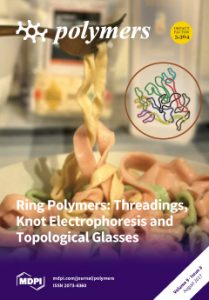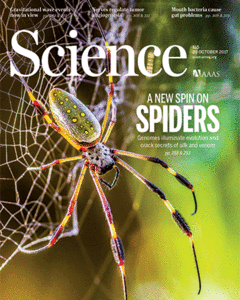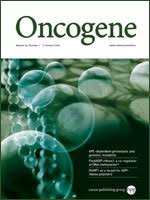 Two journals have retracted five recent papers by a researcher in Saudi Arabia after discovering extensive overlap, which one journal called plagiarism.
Two journals have retracted five recent papers by a researcher in Saudi Arabia after discovering extensive overlap, which one journal called plagiarism.
In one retracted paper, all schemes and figures are copies from other publications; in another, more than half of the figures are lifted. The journal that retracted the other three papers did not provide details about the nature of the overlap.
All five retracted papers—originally published within the last 15 months—have the same corresponding author: Soliman Mahmoud Soliman Abdalla, a professor of physics at King Abdulaziz University in Jeddah, Saudi Arabia.
According to a spokesperson for Polymers, readers flagged two papers in July 2017; both were retracted in August.
The spokesperson for Polymers told us that the journal ran the papers through the plagiarism detection software, iThenticate, but found “no significant levels of copied text.” The journal says it missed the overlap because:
Continue reading Author loses five recent papers for copying multiple figures, unspecified “overlap”





 Science
Science As a journal editor, are you tired of hearing the same excuses from authors who are facing allegations of problematic data? If so, you’re not alone.
As a journal editor, are you tired of hearing the same excuses from authors who are facing allegations of problematic data? If so, you’re not alone.